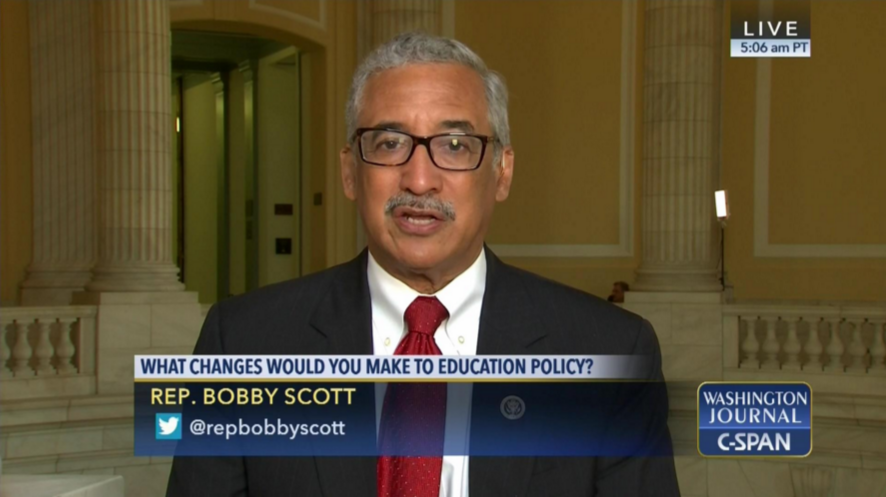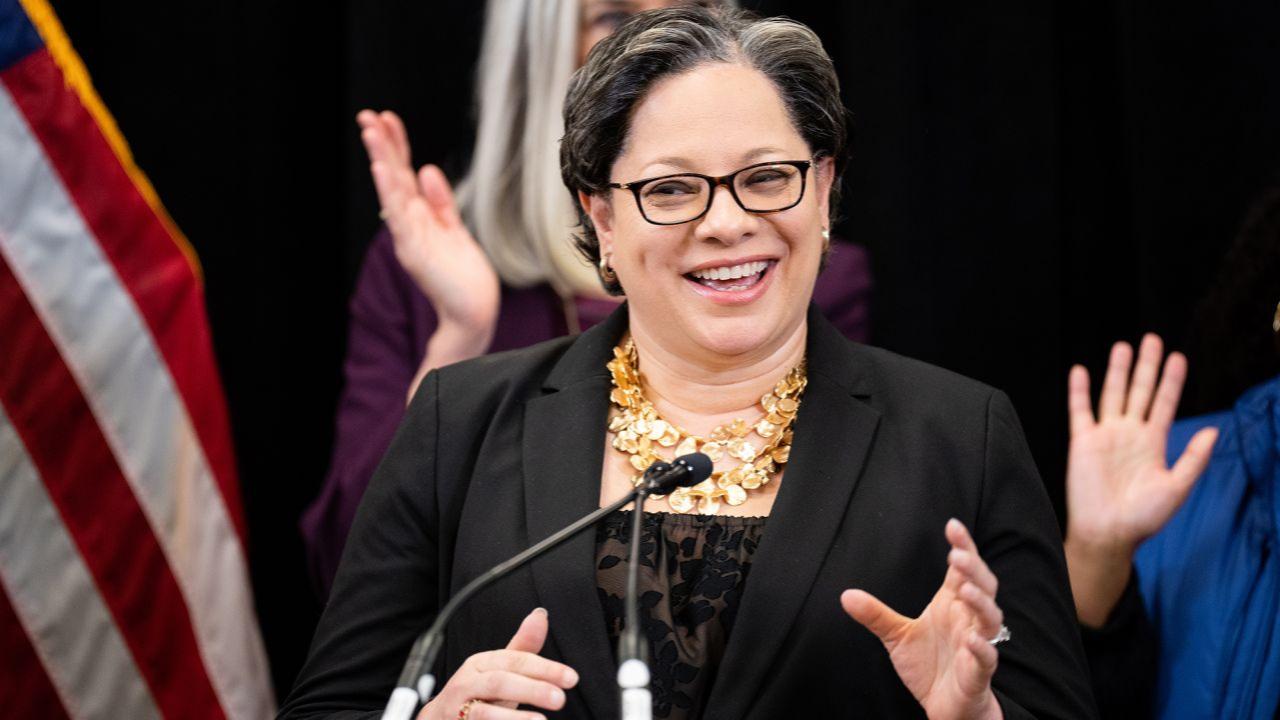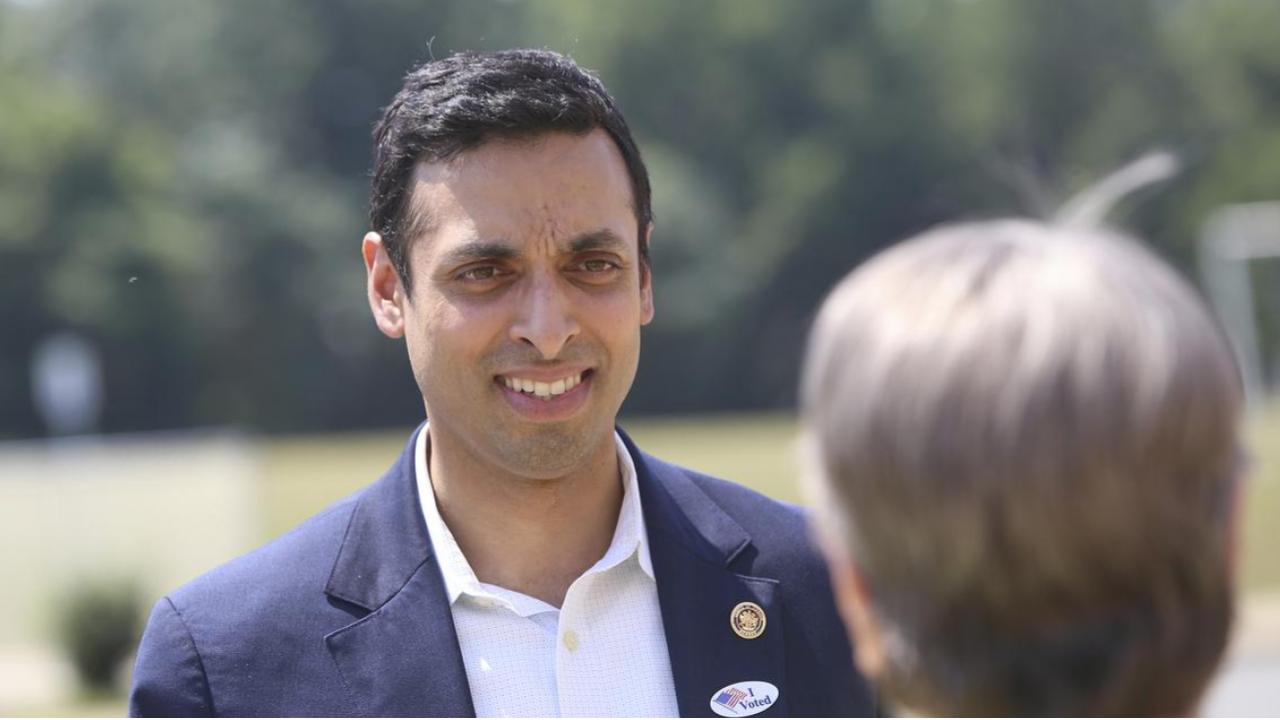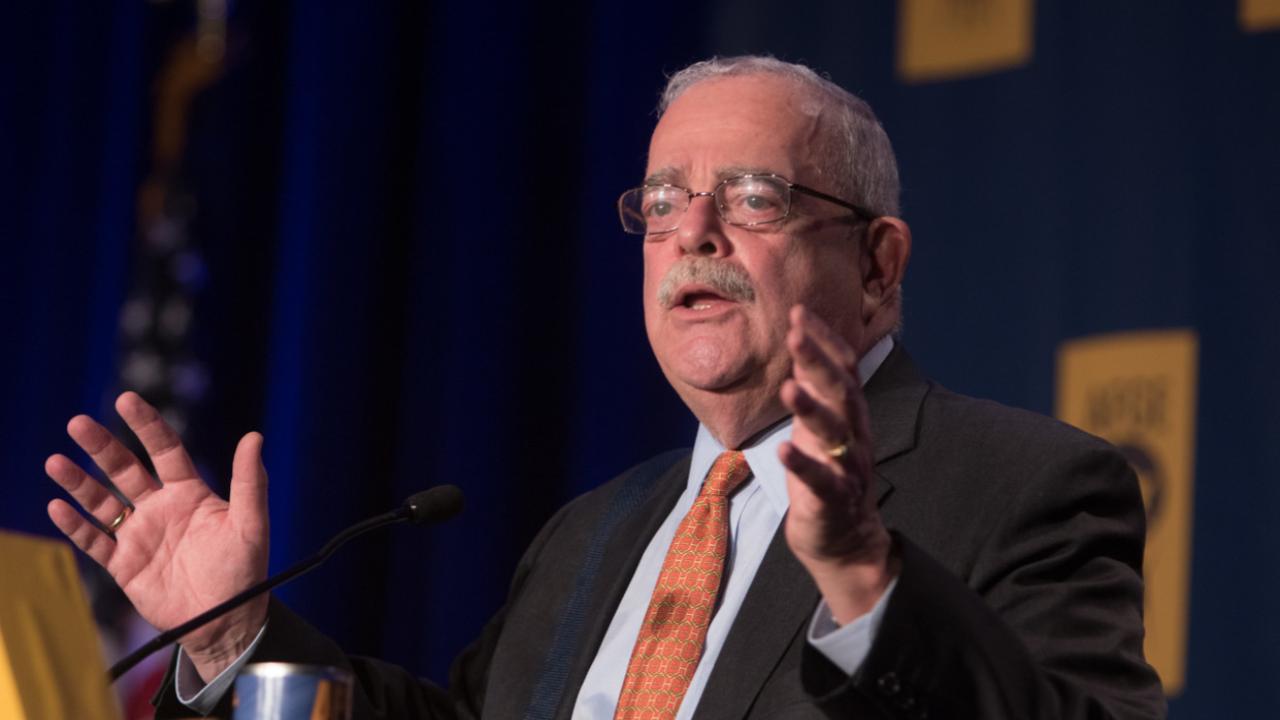Current Position: US Representative of District 3 since 1993
Affiliation: Democrat
Other Position: Ranking Member, Education and Labor Committee
District: Cities of Norfolk, Newport News, Hampton, Portsmouth, and part of the independent city of Chesapeake.
In the 118th Congress, Congressman Scott serves as the Ranking Member of the Committee on Education and the Workforce—his fifth term as the Committee’s Democratic leader. Throughout his tenure, he has advanced legislation that improves equity in education, frees students from the burdens of debt, protects and expands access to affordable health care, ensures workers have a safe workplace where they can earn a living wage free from discrimination, and guarantees seniors have a secure and dignified retirement. Congressman Scott also serves on the Committee on the Budget where he is a leading voice on fiscal policy. sponsored the Neighborhood Assistance Act, which provides tax credits to businesses for donations made to approved social service and crime prevention programs.
OnAir Post: Bobby Scott VA-03






